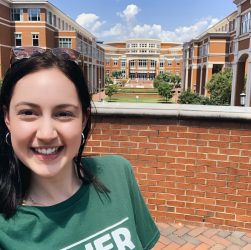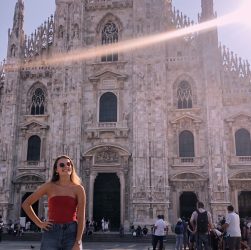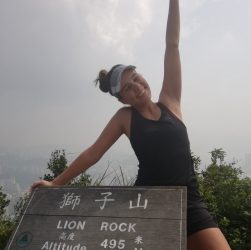Pre-departure: An exchange programme is an adventure. One that is equally exciting and frightening at the same time. The best …


Pre-departure: An exchange programme is an adventure. One that is equally exciting and frightening at the same time. The best …

Pre-departure: An exchange semester is included in the BCom International Business degree and was an opportunity that I had been …

Pre-departure: I went on exchange to the Chinese University of Hong Kong in Hong Kong from August to December 2019. …